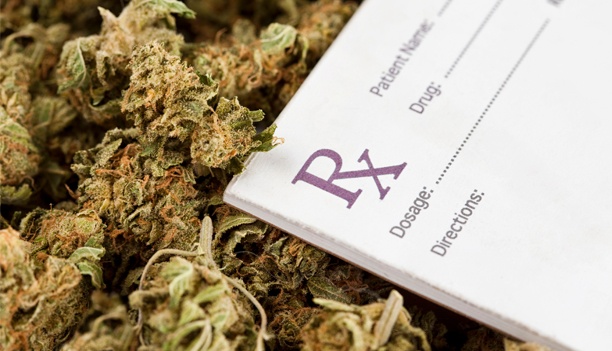
The stated mission of the Occupational Safety and Health Administration (OSHA) is to assure safe and healthy conditions for working men and women by establishing and enforcing standards, providing training, outreach, education, and assistance. Under the OSHA Act, employers have the responsibility to provide a safe workplace. With the legalization of marijuana for medical or recreational purposes in 28 states and Washington DC, what should employers consider as they create new or revised employee drug and alcohol workplace polices?
Although states may legalize marijuana, it is still illegal under federal law. The Drug-Free Workplace Act requires some federal contractors and all federal grant recipients to provide a drug-free workplace or risk losing the federal contract or grant.
The case of Coats v. Dish Network highlights the inconsistencies between state and federal law. Mr. Coats sued for wrongful termination after testing positive for marijuana. Pursuant to Colorado’s Lawful Activity Statute C.R.S. 24-34-402.5, he alleged his employer was prohibited from firing him. His use of medical marijuana was legal according to Colorado statute. The Colorado Supreme Court found that the term “lawful” must be construed under both state and federal law; medical marijuana use is not lawful off-duty conduct.
Workplace drug testing polices support workplace safety, and employers in legalized marijuana states may question whether state or federal law applies. Historically, drug testing may take place pre-employment, post incident, or randomly for safety sensitive positions. The OSHA final rule memo published on October 19, 2016, provides more detail regarding post-accident drug testing, and states:
Drug and Alcohol Testing. Section 1904.35(b)(1)(iv) does not prohibit employers from drug testing employees who report work-related injuries or illnesses so long as they have an objectively reasonable basis for testing, and the rule does not apply to drug testing employees for reasons other than injury-reporting.
Marijuana is metabolized differently when inhaled versus ingested. An occasional user may have a negative urine test within 3 to 5 days after smoking 1 or 2 joints, while a chronic user’s fatty tissues become saturated and may produce a positive urine test weeks or months after marijuana use has ceased. Timing of a post incident test is critical in identifying the presence of THC (the psychoactive substance in marijuana), but may not be conclusive in establishing impairment. Illinois’s medical marijuana statute has a comprehensive description of impairment. The Michigan Supreme Court in People v. Koon ruled that the state’s zero tolerance driving under the influence law does not apply to medical marijuana patients when it is based on the mere presence of THC in a patient’s blood. Although a blood test from Koon was positive for THC, the prosecution did not successfully prove he was impaired. Less confusing policies are not based on impairment, but enforce the strict standard of no use – the per se standard in which a positive test is evidence of a violation without the necessity of showing impairment.
Many states permit the denial or a limitation of workers’ compensation (WC) benefits when the WC injury results from misconduct. A positive drug test is considered misconduct according to some state statutes. Another possible issue to consider is disability discrimination. The Federal ADA (Americans with Disabilities Act) may be in conflict with a state’s ADA laws. Employers are not required to provide accommodations for illegal activity and marijuana is illegal under federal law. States with legal medical marijuana laws may require employer accommodations.
As the law surrounding legal marijuana develops, employers must know their obligations, rights, and laws in their states of operation and establish clear policies that all employees know and understand. The Substance Abuse and Mental Health Services Administration (SAMHSA) website is a resource in developing a policy.

The Old Republic Risk Management Claim Department provides oversight of the claims handled by the third-party administrators (TPAs) selected by our Insureds. Claim Specialists liaise with the TPA Adjusters and Insureds to provide guidance on the management of serious claims. The Claim Department is based out of our corporate office in Brookfield, WI.